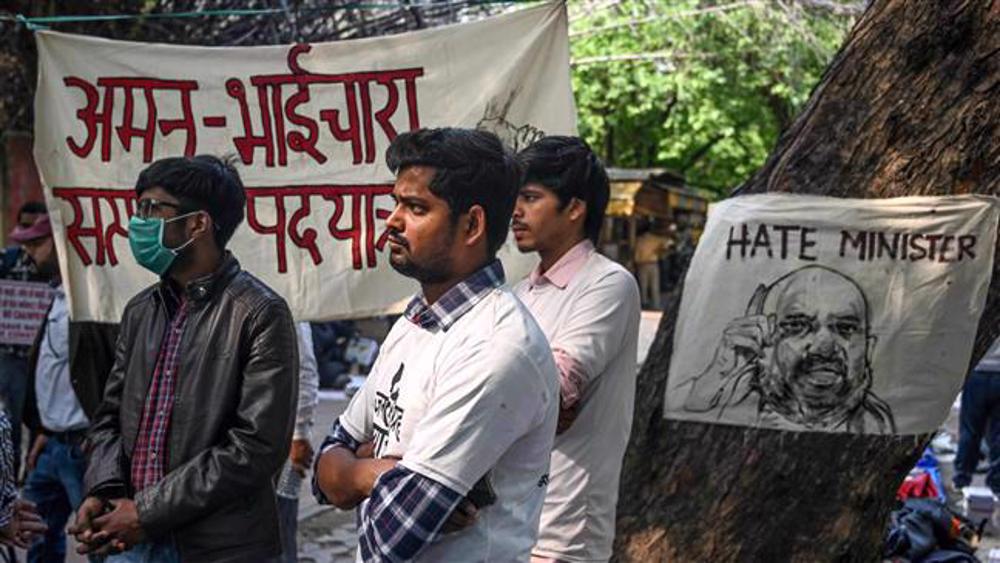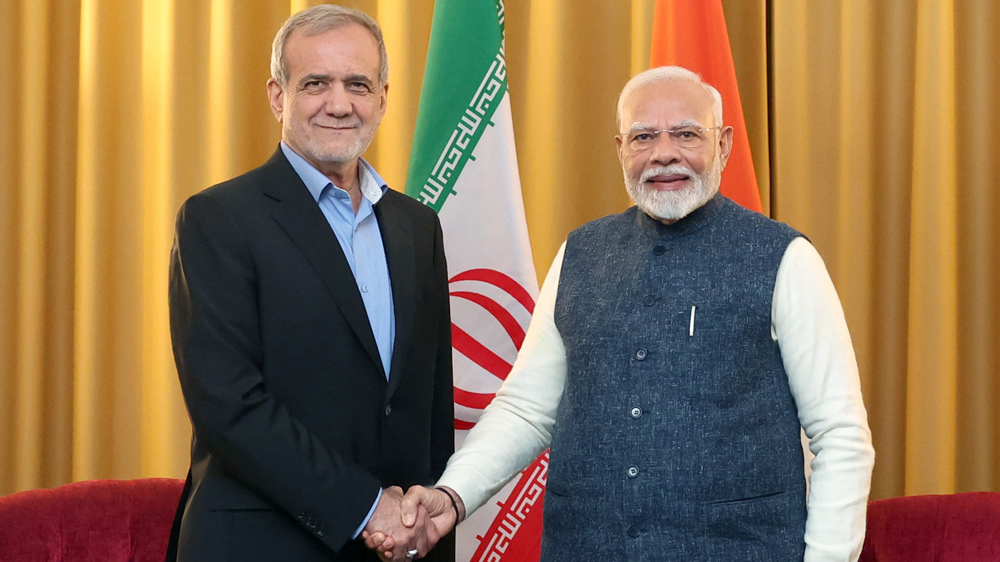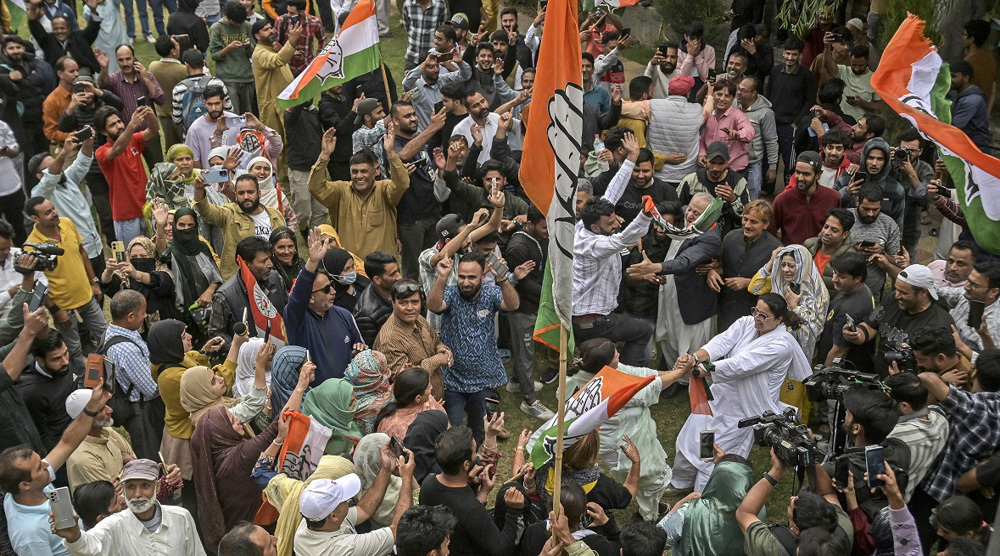HRW: Indian government policies, actions discriminatory against Muslims
Human Rights Watch (HRW) says the Indian government has adopted laws and policies that are discriminatory against the country's Muslim minority population.
In a report released on Friday, the New York-based organization said India's ruling Bharatiya Janata Party's (BJP) prejudices had infiltrated the country's police and courts, empowering Hindu nationalists to threaten, harass, and attack religious minorities with impunity.
"The BJP's embrace of the Hindu majority at the expense of minorities has seeped into government institutions, undermining equal protection of the law without discrimination," Meenakshi Ganguly, the South Asia director at HRW, said.
"The government has not only failed to protect Muslims and other minorities from attacks but is providing political patronage and cover for bigotry," Ganguly said.
HRW said the ruling BJP party had adopted various pieces of legislation and taken actions that legitimized discrimination against religious minorities and stigmatized critics of the government since coming to power in 2014.
The rights organization said those actions violated India's own domestic law as well as its obligations under international human rights law, which prohibits discrimination based on race, ethnicity, or religion, and requires governments to provide residents with equal protection under the law.
It also said the Indian government was obligated to protect religious and other minority populations, and to fully and fairly prosecute those responsible for discrimination and violence against them.
"The BJP government's actions have stoked communal hatred, created deep fissures in society, and led to much fear and mistrust of authorities among minority communities," Ganguly said.
On February 23, 2020, at least 53 people, mostly Muslims, were killed and more than 200 were injured in the worst communal violence in the Indian capital, New Delhi, in decades.
Hindu mobs attacked Muslim communities in New Delhi, burning their shops and businesses. Many blamed Prime Minister Narendra Modi's far-right rhetoric for the violence.
The clashes erupted after the parliament passed a controversial bill granting citizenship to religious minorities except Muslims in December 2019. Critics said the law was discriminatory and flouted India's secular constitution.
Also on August 5, 2019, Modi revoked the autonomy of the Indian-administered portion of the Muslim-majority Kashmir region.
Following the announcement of the removal of Kashmir's special status, Indian authorities imposed harsh movement restrictions, made mass arrests, and blocked communication to thwart any protests.
New Delhi's move fueled tensions in the disputed Himalayan region.
Muslims in India are also facing increasing discrimination amid the coronavirus pandemic. They have falsely been blamed for spreading the virus in India.
VIDEO | Security officers injured, one person killed in Amman shooting
VIDEO | Press TV's news headlines
VIDEO | Palestinian women, life under Israeli violence
Hezbollah strikes Israeli bases with drones, missiles
Iran calls for action in defense of Palestinian women
VIDEO | Sydney protests demand action as Israel faces ICC warrant for war crimes
VIDEO | Arrest warrant for Israeli war criminals
Iran to host ‘important’ ECO foreign ministers' meeting in Mashhad















 This makes it easy to access the Press TV website
This makes it easy to access the Press TV website